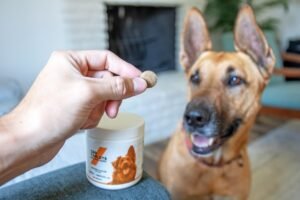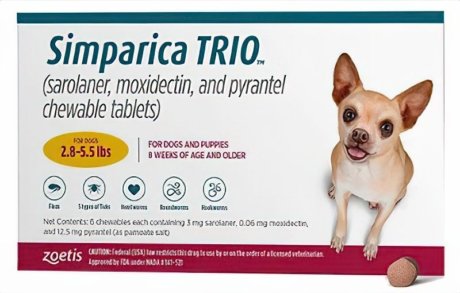Can Dogs Eat Hot Dogs | 5 Risks, Health Issues, Benefits
Hot dogs are a popular snack meal in many countries, and they’re frequently offered at barbecues, sporting events, and other outdoor gatherings. However, as a dog owner, you may be wondering if it is okay to share your hot dog with your pet. In this article, we’ll look at Can Dogs Eat Hot Dogs, the hazards and advantages, and how to give hot dogs to your dog safely.
Overview of Dogs’ Diet
It’s important that we understand the basics of a dog’s nutrition before we get into the hot dog discussion. Dogs can consume both meat and plant-based meals since they are omnivores. They require a balanced diet that gives them the nutrients they need to flourish because their dietary requirements differ from those of humans.

A healthy dog diet should include:
- Protein: Dogs require protein to grow and maintain muscular mass, as well as to support their immune system and overall health. Meat, fish, and eggs are excellent protein sources for dogs.
- Carbohydrates: While dogs do not require carbohydrates for optimal health, they can give energy and fibre. Grains, fruits, and vegetables are excellent sources of carbohydrates for dogs.
- Fat: Dogs require fat in their diet to maintain healthy skin and coats, as well as to support their immune system and mental abilities. Meat, fish, and oils are all good fat sources for dogs.
- Vitamins and minerals: Dogs require a variety of vitamins and minerals to maintain good health, including vitamin A, vitamin D, calcium, and phosphorus. These can be found in a balanced diet that includes a variety of foods.
Foods dogs should avoid include:
- Chocolate: Chocolate can be toxic to dogs and can cause vomiting, diarrhea, and even death in severe cases.
- Grapes and raisins: Grapes and raisins can cause kidney failure in dogs and should be avoided.
- Onions and garlic: Onions and garlic can damage a dog’s red blood cells and cause anemia.
- Avocado: Avocado contains persin, which can be toxic to dogs and cause vomiting and diarrhea.
- Alcohol: Alcohol can be toxic to dogs and can cause vomiting, diarrhea, and even death in severe cases.

How diet affects dogs’ health
The health and wellbeing of a dog may be greatly impacted by their food. Maintaining a healthy weight, encouraging proper digestion, and bolstering the immune system may all be achieved by feeding dogs a food that is well-balanced. On the other side, a diet heavy in fat and calories can cause obesity, which raises the risk of conditions including diabetes, heart disease, and joint issues.
What Are Hot Dogs?
Hot dogs are a sort of sausage made from a mix of meat and spices. They’re frequently served on a bun with condiments including ketchup, mustard, and relish. While hot dogs are a popular snack, they are not necessarily a healthy option. Hot dogs are often heavy in fat and salt, and they may contain preservatives such as nitrites and nitrates.
Ingredients in hot dogs
The exact ingredients in hot dogs can vary depending on the brand and type. However, most hot dogs contain some combination of the following:
- Meat: Hot dogs are typically made from beef, pork, or a blend of the two. Some hot dogs may also contain chicken or turkey.
- Fillers: Hot dogs may contain fillers like corn syrup, dextrose, and maltodextrin. These fillers are added to give the hot dog texture and flavour.
- Spices: Hot dogs are often seasoned with spices like salt, pepper, garlic, and paprika.
- Preservatives: Hot dogs may contain preservatives like nitrites and nitrates, which help prevent bacterial growth and extend the shelf life of the hot dog.
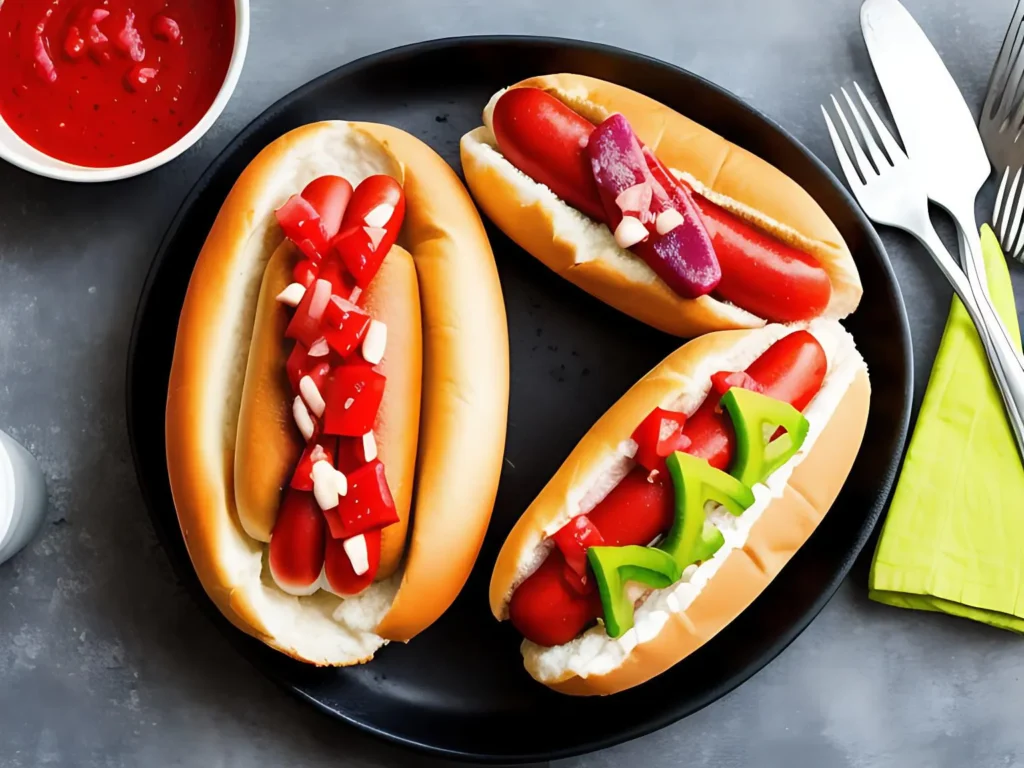
However, some studies have linked nitrites and nitrates to an increased risk of cancer, so it’s important to consume these additives in moderation.
Are Hot Dogs Safe for Dogs?
While hot dogs may be safe for dogs in small quantities, they’re not healthy food for them to eat on a regular basis. Hot dogs are high in fat, salt, and preservatives, all of which can be harmful to dogs in excess.
Some of the risks associated with feeding hot dogs to dogs include:
- Obesity: Hot dogs are high in fat and calories, which can contribute to obesity in dogs. Obesity can increase the risk of health problems like diabetes, heart disease, and joint problems.
- Sodium: Hot dogs are also high in sodium, which can lead to dehydration and kidney problems in dogs.
- Preservatives: The preservatives in hot dogs, like nitrites and nitrates, can be harmful to dogs in large quantities.
- Choking hazards: Hot dogs are a choking hazard for dogs, especially if they’re not cut into small pieces.
If you do choose to feed your dog hot dogs, it’s important to do so in moderation and to follow some basic safety guidelines.
Can Dogs Eat Hot Dogs
Hot dogs are not healthy for dogs. While a single bite of basic, cooked hot dog might not harm them on rare occasions, hot dogs are often processed meats containing high quantities of salt, preservatives, additives, and other chemicals that are not healthy for dogs. Dehydration and other health problems might result from the excessive salt concentration. It is advised to avoid feeding hot dogs to dogs and instead provide them with better protein alternatives.

Can Cats Eat Hot Dogs
Cats should not be fed hot dogs. Hot dogs are not suitable food for cats due to their high sodium content, additives, and processed nature. Cats have different nutritional requirements from dogs and should be fed a balanced diet specifically formulated for their needs. It’s best to provide cats with appropriate cat food that meets their dietary requirements.
Can Dogs Eat Hot Cheetos
No, dogs should not eat hot Cheetos or any spicy, flavoured chips. Hot Cheetos contain various seasonings, spices, artificial flavours, and excessive amounts of salt, which can be harmful to dogs. Spicy foods can irritate a dog’s digestive system, leading to gastrointestinal upset, vomiting, diarrhea, or even more severe complications. It’s best to stick to dog-friendly treats and avoid feeding them human snacks like hot Cheetos.
Can Dogs Eat Hot Sauce
Giving dogs spicy sauce is not a good idea. Chilli peppers, spices, vinegar, and occasionally garlic or onion—ingredients that can be toxic to dogs—are frequently used to make hot sauce. Canines’ digestive problems, upset stomachs, and discomfort can all be brought on by spicy meals. Dogs should not be exposed to any hot sauce or other spicy foods, therefore it’s essential to keep them out of reach.
Can Dogs Eat Hot Food
Hot food is usually not recommended for dogs. Hot food can burn a dog’s mouth, throat, or digestive tract. Dogs also have a more sensitive sense of taste, thus they may not appreciate overly spicy dishes. To avoid any potential injuries or discomfort, allow food to cool to an adequate temperature before serving it to your dog.
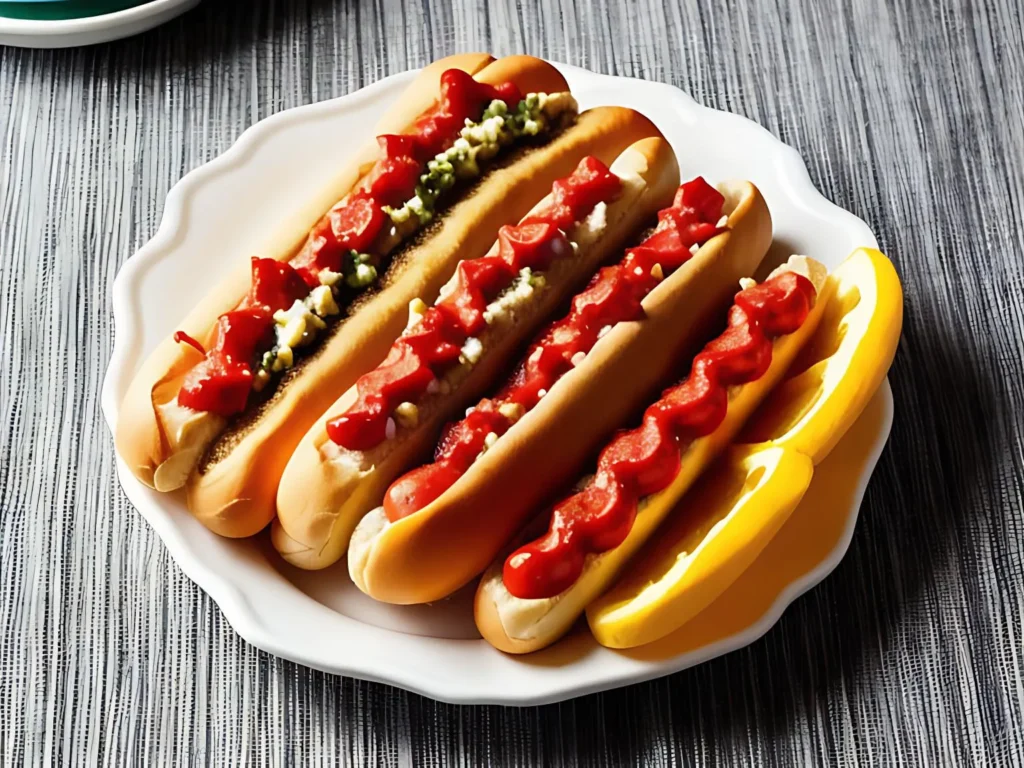
How to Safely Feed Hot Dogs to Your Dog
If you do decide to feed your dog hot dogs, here are some tips to keep in mind:
- Cut the hot dog into small pieces: Cutting the hot dog into small pieces can help prevent choking.
- Choose a high-quality hot dog: Look for hot dogs that are made with high-quality ingredients and don’t contain artificial preservatives.
- Limit the number of hot dogs you feed your dog: Hot dogs should be considered a treat and not a regular part of your dog’s diet.
- Avoid giving your dog hot dogs with condiments: Ketchup, mustard, and relish are high in sugar and can be harmful to dogs.
- Monitor your dog for any signs of a digestive upset: If your dog experiences vomiting, diarrhea, or other signs of digestive upset after eating hot dogs, stop feeding them to your dog.
Alternatives to Hot Dogs for Dogs
If you’re looking for a healthier alternative to hot dogs for your dog, there are plenty of options to choose from. Here are some ideas:
- Cooked meat: Cooked chicken, beef, and turkey are all great options for dogs.
- Vegetables: Many vegetables are safe for dogs to eat, including carrots, green beans, and broccoli.
- Fruit: Fruits like apples, bananas, and blueberries are safe for dogs to eat in moderation.
- Dog treats: There are many dog treats on the market that are specifically designed for dogs and contain healthy ingredients.
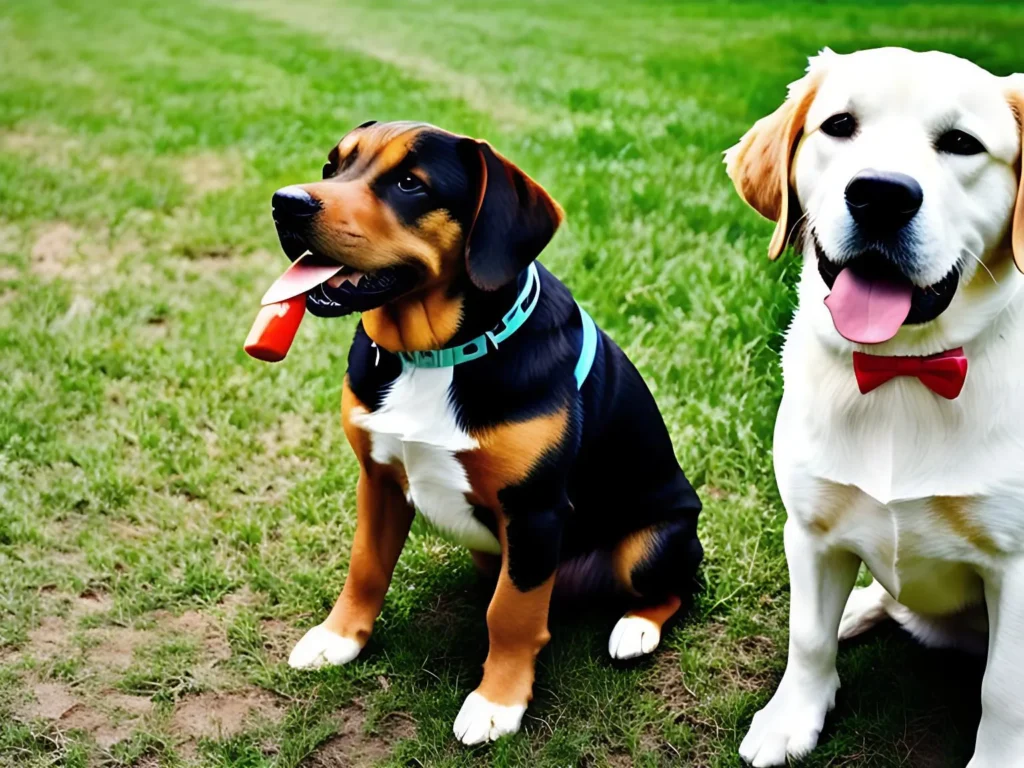
Conclusion on Can Dogs Eat Hot Dogs:
So, can dogs eat hot dogs? While hot dogs may be safe for dogs in small quantities, they’re not a healthy food for them to eat on a regular basis. Hot dogs are high in fat, salt, and preservatives, all of which can be harmful to dogs in excess. If you do choose to feed your dog hot dogs, it’s important to do so in moderation and to follow some basic safety guidelines.
However, there are many healthier alternatives to hot dogs that you can offer your furry friend instead. As with any new food, it’s important to introduce it to your dog slowly and to monitor them for any signs of digestive upset. By taking these precautions, you can keep your dog happy and healthy while still enjoying the occasional hot dog together.
- Can Dogs Have Cinnamon | 5 Benefits, Side Effect, Safety
- Can Dogs Eat Avocado | 10 Benefits, Health Issues, Risks
- Can Dogs Eat Potatoes | Nutrition, 8 Benefits, Risk, Health
Frequently Asked Questions on Can Dogs Eat Hot Dogs:
-
Can dogs eat hot dogs every day?
No, hot dogs should not be a regular part of your dog’s diet as they are high in fat, salt, and preservatives, all of which can be harmful to dogs in excess.
-
Are hot dogs toxic to dogs?
Hot dogs are not toxic to dogs, but they are not a healthy food for them to eat on a regular basis. Hot dogs are high in fat, salt, and preservatives, all of which can be harmful to dogs in excess.
-
Can hot dogs make dogs sick?
Yes, hot dogs can make dogs sick if they are consumed in excess or if they contain harmful additives like nitrites and nitrates. Dogs may experience digestive upset, dehydration, or other health problems as a result.
-
How many hot dogs can a dog eat?
It’s best to limit the amount of hot dogs your dog eats and to consider them a treat rather than a regular part of their diet. Consult with your veterinarian to determine the appropriate amount of hot dogs for your dog based on their size, weight, and overall health.
-
Can dogs eat raw hot dogs?
No, dogs should not eat raw hot dogs as they can contain harmful bacteria like E. coli and Salmonella. Always cook hot dogs thoroughly before feeding them to your dog.
-
What are some healthier alternatives to hot dogs for dogs?
Cooked meat like chicken, beef, and turkey, as well as vegetables and fruits like carrots, green beans, and blueberries, are all better alternatives than hot dogs for dogs. Additionally, there are several dog treats on the market that are particularly developed for dogs and contain nutritious components.
-
Can hot dogs cause pancreatitis in dogs?
Yes, hot dogs are high in fat and can cause pancreatitis in dogs if they are consumed in large amounts or on a regular basis. Pancreatitis is a serious condition that can cause vomiting, diarrhea, abdominal pain, and even death in severe cases.
-
Can hot dogs cause allergies in dogs?
Yes, hot dogs can cause allergies in dogs just like any other food. Dogs may be allergic to the ingredients in hot dogs like beef, pork, or wheat, and may experience symptoms like itching, redness, and swelling of the skin, ear infections, or digestive upset.
-
Can dogs eat vegetarian hot dogs?
Vegetarian hot dogs are generally safe for dogs to eat in moderation, but they should not be a regular part of their diet. Vegetarian hot dogs are often made with soy protein and other plant-based ingredients, which can be a healthy alternative to traditional hot dogs.
-
Can dogs eat hot dog buns?
Hot dog buns are generally safe for dogs to eat in moderation, but they should not be a regular part of their diet. Hot dog buns are often high in carbohydrates and low in nutrition, so they should be considered a treat rather than a staple food.
-
Are there any health benefits to feeding my dog hot dogs?
No, there are no health benefits to feeding your dog hot dogs. In fact, hot dogs are not a healthy food for dogs to eat on a regular basis and can lead to health problems if consumed in excess. It’s always best to stick to a balanced diet of dog food and healthy treats for your furry friend.
Recommended related to Can Dogs Eat Hot Dogs:
Can Dogs Eat Chicken | 10 Benefits, Health Issues, Risks
Are Grapes Bad For Dogs | 8 Risks, Treatment, Benefits




























